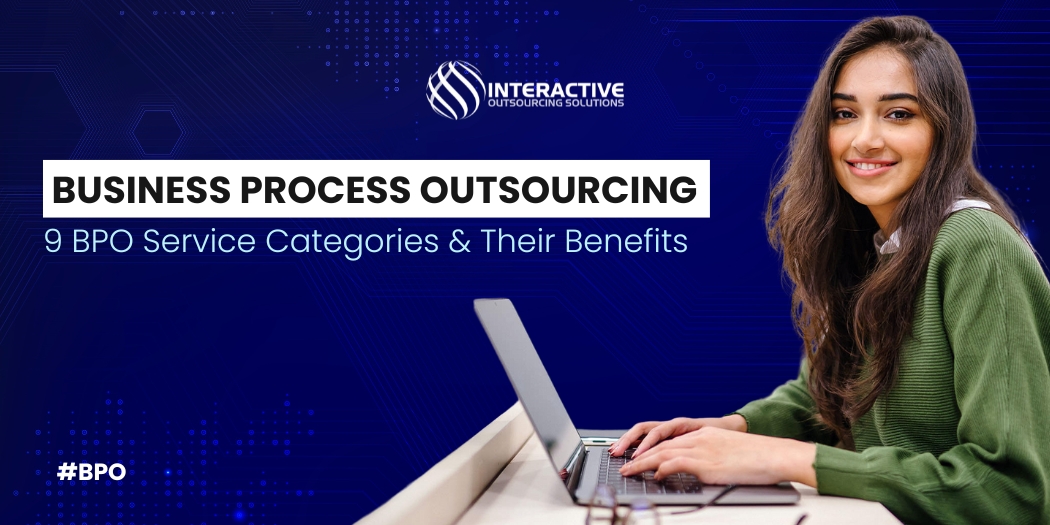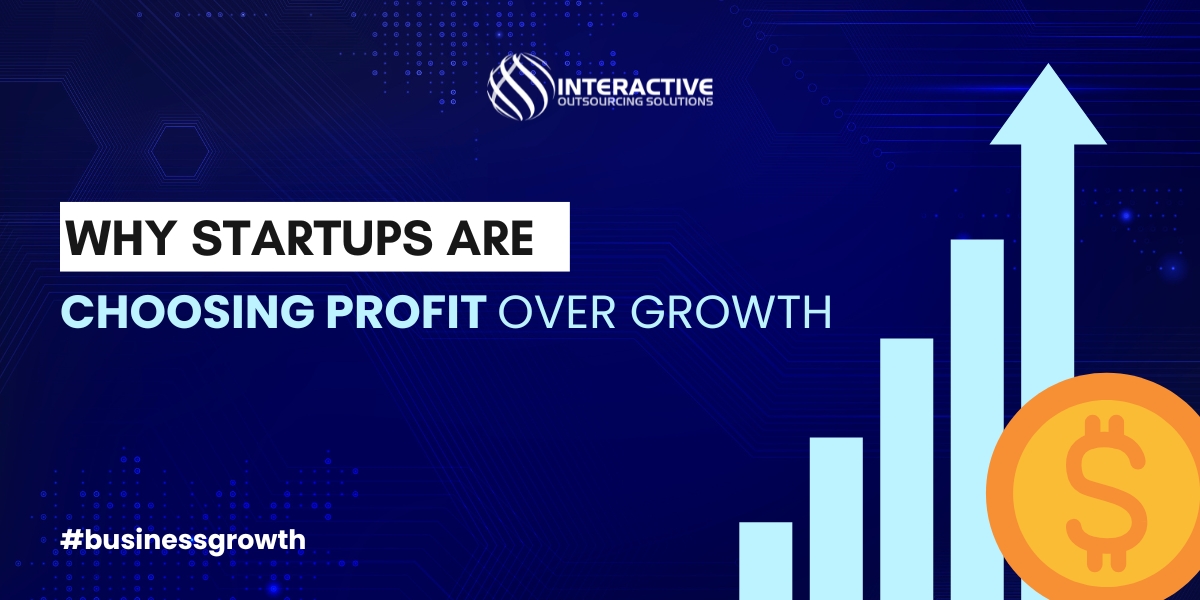Share
- Customer support outsourcing:
- Finance and accounting outsourcing:
- Human resources outsourcing:
- IT and software development outsourcing:
- Supply chain and logistics outsourcing:
- Content and digital marketing outsourcing:
- Research and data analytics outsourcing:
- Cloud-Based outsourcing
- Identifying the most suitable BPO business model for your needs
Business Process Outsourcing (BPO) has established itself as a crucial element of contemporary BPO business model strategies, enabling organizations to optimize their operations, lower expenses, and concentrate on their primary strengths. As the BPO sector progresses, a variety of specialized services have developed to meet the varied requirements of businesses. This blog post will examine the various BPO business model and their distinct benefits. Ranging from customer support to finance and accounting, these services equip businesses to improve efficiency and boost overall productivity.
Customer support outsourcing:
Outsourcing customer support has become a highly desirable BPO business model service, allowing companies to provide outstanding customer experiences without maintaining an internal team. By delegating customer support to skilled professionals, businesses benefit from industry-specific expertise, 24/7 availability, multilingual assistance, and effective resolution of inquiries. The benefits of this approach include access to advanced technologies and industry best practices, cost reductions, enhanced customer satisfaction, and the opportunity to concentrate on primary BPO model activities.
Finance and accounting outsourcing:
Overseeing finance and accounting operations is the BPO business model that can be a lengthy and resource-demanding task for organizations. Outsourcing finance and accounting functions simplifies financial activities, including bookkeeping, payroll, tax preparation, and the management of accounts receivable and payable. This approach offers access to proficient financial professionals, guarantees adherence to regulatory requirements, and improves financial transparency, facilitating more informed decision-making.
Human resources outsourcing:
HR outsourcing BPO business model enables organizations to efficiently handle various HR functions such as recruitment, onboarding, training, and the administration of employee benefits. By collaborating with HR outsourcing firms, companies can leverage specialized HR knowledge, enhance their hiring procedures, and maintain adherence to employment laws and regulations. This is one of the most outsourced BPO business models.
IT and software development outsourcing:
IT and software development outsourcing addresses the increasing need for technology-oriented solutions. This service provides companies with access to a diverse range of qualified IT experts for software development, maintenance, and technical assistance. By outsourcing IT services, organizations can keep pace with the latest technological advancements, lower their IT infrastructure expenses, and improve their cybersecurity protocols.
Supply chain and logistics outsourcing:
Effective management of supply chains and logistics is essential for companies functioning in the global marketplace. Outsourcing supply chain and logistics operations enhances the efficiency of inventory management, warehousing, transportation, and order fulfillment. By utilizing these services, businesses can attain improved visibility within their supply chains, reduce operational expenses, and guarantee prompt delivery of their products..
Content and digital marketing outsourcing:
The practice of outsourcing content and digital marketing is becoming more prevalent among companies aiming to improve their online visibility. By delegating tasks such as content creation, social media management, and digital marketing initiatives, businesses can tap into specialized knowledge, boost brand awareness, and effectively connect with their intended audience.
Research and data analytics outsourcing:
Outsourcing research and data analytics provides businesses with essential insights and enhances their strategic decision-making abilities. By delegating these tasks, organizations gain access to proficient analysts, utilize sophisticated analytics tools, and make informed, data-driven choices that foster business growth.
In the current competitive business environment, utilizing Business Process Outsourcing (BPO) services has become crucial for organizations seeking to remain agile and competitive. The various types of BPO services, which include customer support, finance, human resources, information technology, supply chain management, marketing, research, and data analytics, address specific business requirements and present numerous benefits. By outsourcing these functions, companies can concentrate on their core strengths, tap into specialized knowledge, improve operational efficiency, and realize substantial cost reductions. By adopting BPO services that align with their distinct needs, organizations can maximize their potential and succeed in the ever-evolving global marketplace.
Cloud-Based outsourcing
A cloud represents an innovative approach to outsourcing, evolving BPO business model into a business process as a service (BPaaS) model, thereby shifting the industry focus from merely providing services to strategic planning.
A prime example of cloud-based BPO is a cloud contact center, which utilizes internet-based infrastructure to manage customer interactions. This solution is particularly advantageous for large organizations that require various communication channels.
The cloud contact center employs voice-over-Internet protocol (VoIP) technology for its communication needs. It integrates seamlessly with customer relationship management (CRM) systems, ensuring that agents have access to the latest updates. Engaging with a cloud contact center allows businesses to only need a reliable internet connection, a workstation, and a headset.
Identifying the most suitable BPO business model for your needs
Each outsourcing service presents its own unique advantages and challenges. The most appropriate outsourcing model for your situation will depend on your specific objectives and requirements. Start by clarifying what you intend to achieve. Are your objectives oriented towards the short term or the long term?
For example, if your main focus is on reducing costs, both offshoring and nearshoring can be effective strategies. However, each model provides different solutions. While offshoring may introduce certain cultural and language barriers, it also grants access to a broader talent pool and the possibility of continuous operations.
Nearshoring shares similar benefits but helps alleviate some of the difficulties linked to offshoring. Conversely, if cost reduction is not your primary focus and your main goal is to improve the quality of output, outsourcing may be a more suitable option. It is important to note that onshoring is less frequently chosen due to limited financial advantages.
After determining the most fitting model, the next step is to optimize your workflow to maximize the benefits of your outsourcing initiative. The primary aim of outsourcing is to achieve the highest possible advantages.
If you choose an onshore partner, it is essential to maintain open communication channels to fully leverage language and cultural compatibility. In contrast, if you decide on offshoring, consider structuring your workflow to enable round-the-clock operations, thereby enhancing overall productivity.






